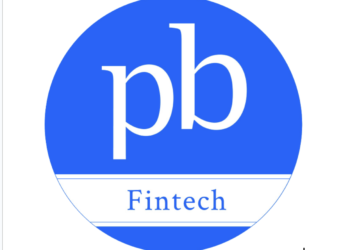It goes without saying, Starbucks is undoubtedly the most popular coffee chain across the globe. But apart from their aromatic coffees with diverse flavors, what else is the coffeemaker’s forte? While many would have their cheese toasties in mind, Starbucks’ knack lies in something entirely else.
A Coffee Maker or a Fintech Firm
There is a genius secret to Starbucks’ success in those lucrative loyalty cards that many of us wish to buy. The undercover strategy of these cards enables Starbucks to borrow money from their customers interest-free. Buyers can deposit the balance in their cards, which they can use to purchase coffee in the future. In April 2022, the card generated 24m+ members and $1.6B in “deposits”, making it the world’s largest Neo-bank. Since 2016, the balance on the card value has always exceeded $1 billion at the end of every financial year. Hence, the loyalty cards act like a golden goose for the coffee chain, making it the owner of billion-dollar assets surpassing most US banks.
Why do customers go for it
While Starbucks’ business model includes deposits and financial activities, it cannot be conventionalized as a bank. It does not provide interest, does not let the customers redeem the balance for cash, and does not insure the deposits either. So why do people still buy the card? Here’s where the incentives jump in. Starbucks’ loyalty program is generously rewarding to the buyers. From free birthday drinks to customized beverages to upgrades and coupons, they left no stone unturned to influence the consumers’ minds.
Are there other variants of the Starbucks business strategy
Starbucks isn’t the only entity that has turned the deposits into a million dollar opportunity. Many other businesses might be camouflaging the same strategy to flourish with their clever trade tricks. One popular example is landlords making money from security deposits. These deposits are invested in high-yield savings accounts that generate 4-5% annual interest. Another similar practice might be carried out by universities collecting refundable security deposits. While they are intended to be returned to the students during graduation, universities manage to earn handsome gains in the interim period. To conclude, earning opportunities are infinite, and it doesn’t take a virtuoso to figure it out. After all, the genius lies in observation.








